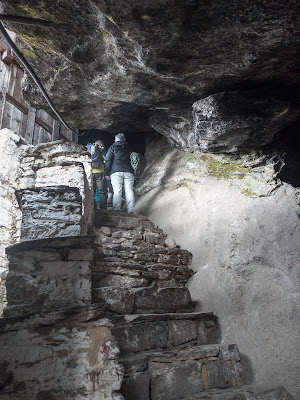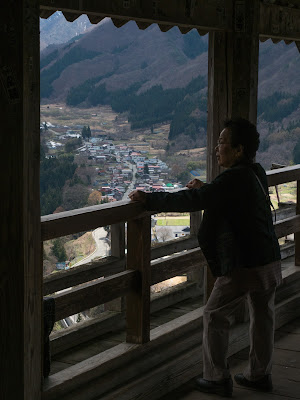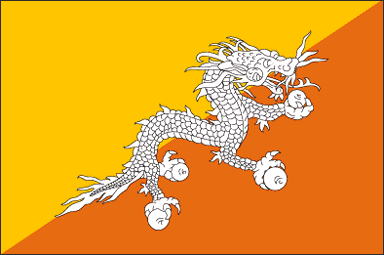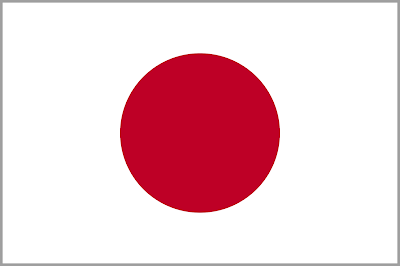I am gearing up for more travels, this time to Japan and Bhutan in mid-April, so I've recently been thinking about other cultures, other languages and other ways of thinking. Some of the moments that have stuck with me from past trips are those when I gain a fresh outlook on something that I had taken for granted. Other countries and other cultures obviously may see things in their own way but sometimes it is just different, and not so much foreign.
What is Liberty?
I think I know what liberty means, in connection to

United States history, the American Revolution and democratic government. So during my first visit to Cuba a few years ago I was surprised to find the concept woven into the culture there. Surprised and a bit confused - isn't this a repressive communist government? But I think the connection goes back to the time of the popular rebellion against colonial Spanish in the early 1900's. Their sense of liberty is much the same as ours, and seems not to be in conflict with the goals of the revolution. I think it is also possible that some people may thumb their noses at the government just a little bit, without being too rebellious.
The following year I had another revelation speaking with our Cuban guide
about government in Cuba today. Someone was asking him what it is like
to live under communism - his English was a bit limited and he seemed confused by the question. A
little back and forth and he eventually understood and expressed
surprise that we thought his government was communistic - No, no, we are a
Socialist state! A difference that we don't notice, but was very
important to him.
You Are Welcome
When I respond "you're welcome" it comes as second nature. I don't think of a relationship between the act of greeting someone to my home, and the response to someone's "thank you". But in English, it is the same phrase - is it the same in other languages? I never gave it a thought until I was struggling to pick up a few words in Kiswahili, on my way to Zanzibar. In that language I noticed the phrase "karibu" matched the English usage, even though the language derived mostly from Arabic. I must remember to study further for other possible connections.
In another language, Spanish, I am most familiar with Southern California / Mexican usage and the natural response is "de nada" - basically "it's nothing". A few years ago I was pleasantly surprised in Costa Rica to hear "con mucho gusto" or "with pleasure" used often. Both very gracious responses that made me realize subtle differences in Latin America cultures and made me wish we had more choices in English.
The Reach of Popular Media

You almost cannot speak about Petra, Jordan without saying The- Ancient-City-of-Petra. It is a popular place for visitors, but it truly is ancient, and new archeological finds are unearthed from the desert each year. We were touring with our guide when he looked up and shouted "Look - it's Johnny Depp!", and indeed the camel driver was a dead ringer - I'm sure he worked on the image in his mirror in the morning. So here in the ancient city there are Bedouins who emulate the Pirates of the Caribbean look.
Being a Liberal

Egypt is still struggling through a transition in government that rocked a society that had been used to strongman rule since the time of the Pharaohs. My only visit there was a few years ago, in the middle of a time of optimism and uncertainty between the first several rounds of free elections after the Arab Spring uprisings. We were fortunate to have a guide who was both scholarly regarding the thousands of years of Egyptian history and also thoughtful about the present and the future. During one discussion he described himself and some of his friends as Liberals, but I couldn't connect him to the definition of liberal that I'm familiar with in the US. Although he was politically aware, I could not see him as a liberal that would be recognized here. He talked some more to describe his liberal views to mean being receptive to thinking of all things in an open manner, without preconceptions. That is a definition that I immediately liked. Sometimes we should go beyond labels and think to ask what someone means when they use a word.













































